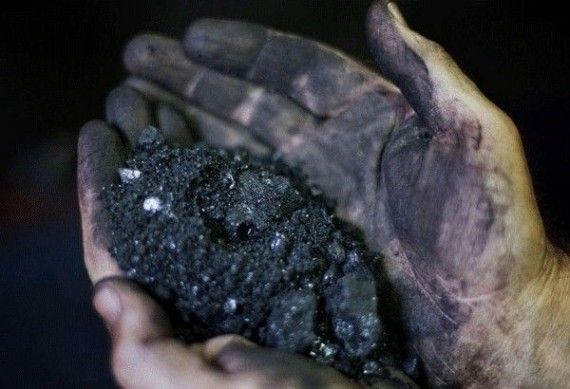Mining key to sustainable future — Canadian official

TORONTO, Canada — Mineral exploration remains a critical factor in securing a sustainable future regardless of the challenges the global industry is facing.
While the Philippine mining sector has yet to realize its full potential given changing policy directions, Canada Minister of Natural Resources Parliamentary Secretary Kim Rudd said governments’ vision, specifically Canada, should focus on the goal that economy and environment go hand in hand.
“Our government realizes that we also have a central role to play to attract investments and advance sustainable resource development to create new jobs and real opportunities,” Rudd said during the opening ceremony of the Prospectors & Developers Association of Canada Convention (PDAC).
Several countries, including the Philippines, are looking at adopting Canadian practices, which have been globally recognized for its standards as the benchmark to ensure responsible mining practices.
Mining, as a whole, is a globally significant industry that includes over 6,000 companies and directly employs 2.5 million people across the globe.
Canada’s mining industry accounts for almost 20 percent of the country’s total export volume and is one of its largest outward investing sectors.
“We want to ensure that mining remains a driver of Canadian prosperity. Our government continues to make investments in clean technology and modern infrastructure, all the while promoting a competitive tax regime,” Rudd said.
In fact, Canada is taking unprecedented actions to maintain its global competitiveness and continue to establish its place in the world as the undisputed leader in sustainable mineral resource development.
“We have a new approach that represents a generational turning point to strengthen investors’ certainty, strong public trust, advancing indigenous reconciliation and environment stewardship,” Rudd said.
The Canadian government is also looking at a new legal framework that will recognize indigenous rights to change Canada’s relationship with indigenous people by implementing their inherent rights.
On a global perspective, Brazilian mining company Nexa Resources said the future of the industry greatly depends on how each mining institution shows what and how they do things.
“There is probably something wrong about how we are behaving. In the last decade, the industry suffered significant changes that directly impacted the way mining companies do business,” Nexa Resources CEO Tito Martins said during a technical program on commodities and market outlook in PDAC.
“Financial institutions are looking at us, the governments are asking for more, and investors want to make sure that we are working properly where we operate,” he said.
Martins emphasized that the sector lacks good communication skills, thus resulting in a negative perception from the industry.
“Those who are complaining about mining are the ones holding their phones, they don’t understand that everything that they have, comes from us,” Martins said.
“Mining is and will continue to be essential for life that is why there is a need to communicate with society on how essential mining is for modern living,” he added.
Philex Mining Corp. president and CEO Eulalio Austin Jr. is joining the global meeting on the Towards Sustainable Mining (TSM) initiative of the Mining Association of Canada here.
PDAC, the world’s premier mineral exploration and mining event, is marking its 86th year with more than 24,000 attendees from 130 countries.
It is the largest industry event that provides mineral and mining professionals, investors, analysts, geologists, executives, government officials and students, access to an array of programming, short courses, presentations and networking opportunities.
PDAC aims to promote a globally-responsible, vibrant and sustainable minerals industry. It encourages the best practices in technical, operational, environmental, safety and social performance.
- Latest
- Trending

























